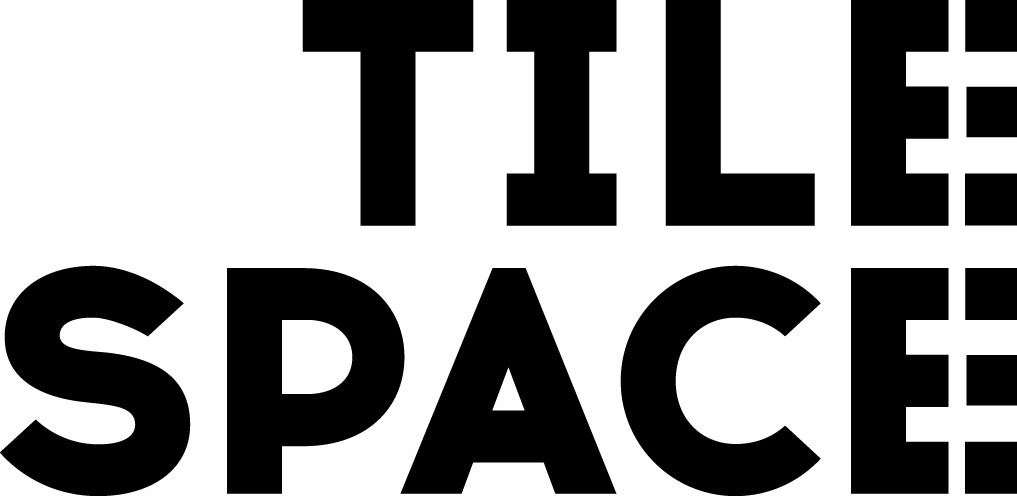Interior Award Categories
Our mandate is to uncover the best in the industry, celebrate it and inspire designers to aim for equal or higher benchmarks for the betterment of our built environment.
To do this we judge project entries across ten award categories.
Retail
This category recognises a shop, retail outlet, showroom, department store, food market etc.
Hospitality
This category recognises a cafe, bar, restaurant, motel, hotel, boutique lodge etc.
Healthcare and Wellness
This category recognises a surgery, medical practice, hospital, gym, yoga studio, later-living and assisted living developments, spa, dentist etc.
Civic
This category recognises a gallery, museum, concert hall, theatre, exhibition venue, place of worship, library, community centre, consulate, law court, parliamentary building, airport, railway station, port and ferry terminal, etc.
Workplace – up to 1000m2
This category recognises an office, studio, warehouse, factory etc.
Workplace – over 1000m2
This category recognises an office, studio, warehouse, factory etc.
Education
This category recognises schools, universities (including halls of residence), child and daycare centres, learning facilities, etc.
Residential
This category recognises the entire interior design within a house, villa, townhouse, apartment or unit.
Residential Kitchen
This category recognises the design of a kitchen within a house, villa, townhouse, apartment, unit etc – commercial kitchens are excluded.
Emerging Design Professional
This category recognises professionals 35 years of age or under on, or before the 1 May 2026, either employed in a design or architecture practice; or self-employed.
(An exception to the age requirement will be made for those who have changed career and joined the design industry later, but who are under the age of 40 on or before 1 May 2026, and have been employed or self-employed for a maximum of 8 years).
The Judging Criteria:
- Detail your body of work within the design sector along with your professional achievements.
- State your design philosophy, including how this is manifested in the design of projects you have been involved in.
- Optional statement of support or endorsement from employer/client.
$1,500 cash prize is awarded to the Emerging Design Professional.
*This award category is not eligible for the Supreme Award.
Key Dates and Entry Process











